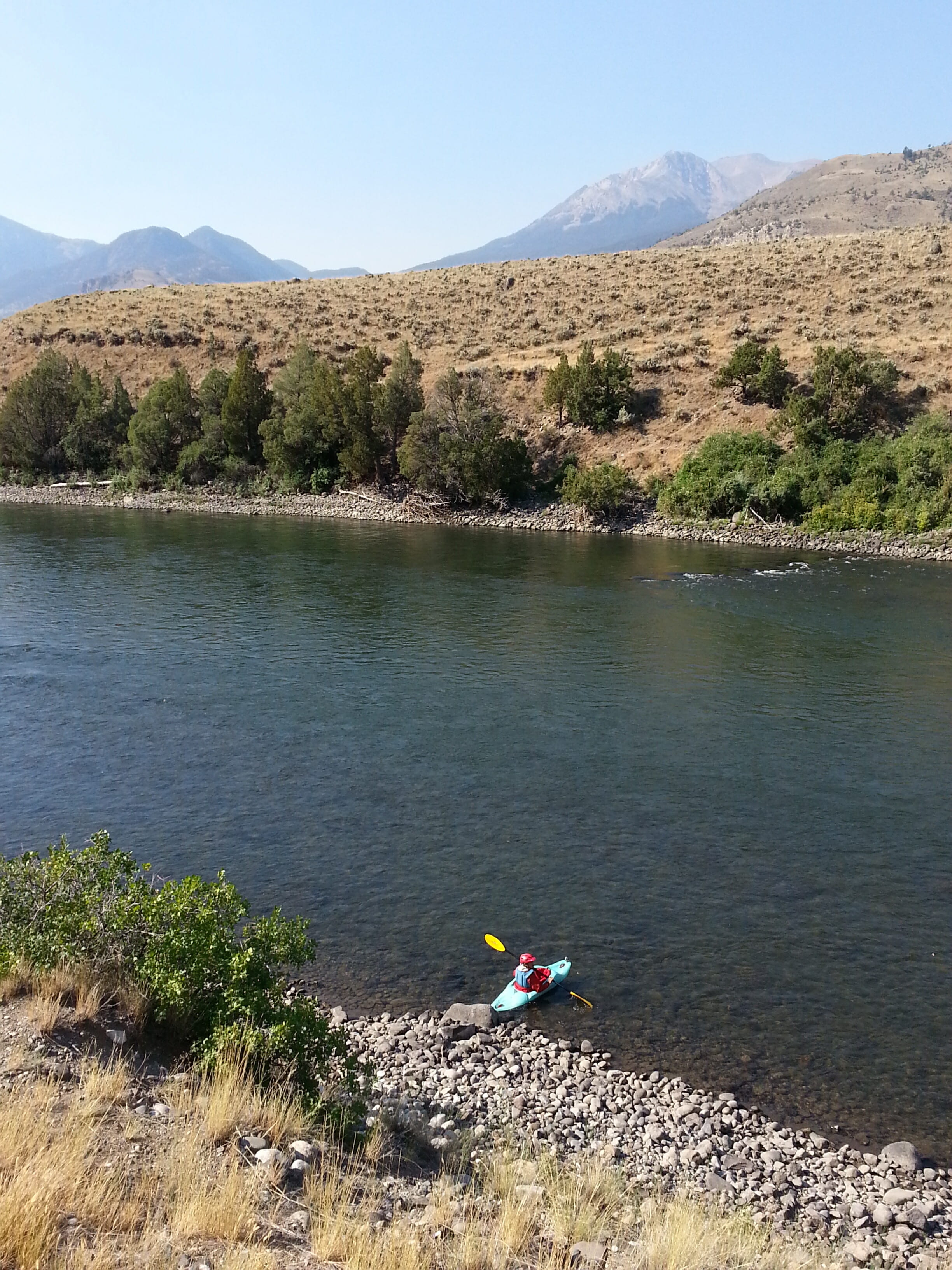Montana Fish Wildlife and Parks announced today they would close the Yellowstone River to stem the spread of a parasitic disease killing whitefish. The closure is supported by Trout Unlimited and its state affiliate, Montana Trout Unlimited.
Proliferative Kidney Disease (PKD), is one of the most serious diseases to impact whitefish and trout and can be spread by transfers of mud, vegetation and water. It is caused by a microscopic parasite which moves through the gills to the kidneys and spleen, ultimately causing death.
“This is a critical time in reducing the spread of PKD.” said David Brooks, Assoc. Director of Conservation for Montana Trout Unlimited. “This parasite is highly transmissible in this stage of its life cycle. While the closure seems sudden and extreme, we must keep the disease from being introduced to other fisheries.”
That means being vigilant about inspecting, cleaning and drying boats and all fishing equipment. Anyone who has fished in the Yellowstone in recent weeks should wash equipment with hot soapy water and let it dry completely. FWP will be announcing locations of boat wash stations soon, however, much of this can be done at home or at a local car wash.
The disease has popped up in two isolated locations in Montana over the past 20 years, and has also surfaced in Washington, Oregon and Idaho.
“It’s not unknown for PKD to kill up to 90 percent of a population,” said Jack Williams, senior scientist at Trout Unlimited. “With climate change we will see more low flows and warm temperatures, making disease problems worse.”
Low water flows and warm temperatures created a perfect storm for PKD. The Yellowstone is the lowest it has been since 1919, less than half of it’s normal flow this time of year. Water temperatures at Livingston have hovered around 70 degrees and fish are crowded in less space, a perfect storm to spread disease.
“This isn’t the end of the Yellowstone fishery. It’s one of our healthiest rivers and even healthy rivers have setbacks,” said Pat Byorth, Montana Water Director for TU’s Western Water and Habitat Project. “Rather, this outbreak underscores the importance of building resilience in our rivers. Building that resilience comes down to improving stream flows, and restoring habitat and the health of these rivers. Trout Unlimited has been doing this kind of work for years, and we intend to continue. If we do our job right, these fisheries will bounce back.”
“PKD is not easily transported except during outbreaks,” he said. “We have to remember the role we humans play in introducing critters like this to healthy fisheries – they can be devastating, not only to fisheries, but also to the economies that depend on them.”
Trout Unlimited and Montana Trout Unlimited will continue to post information as it becomes available.



